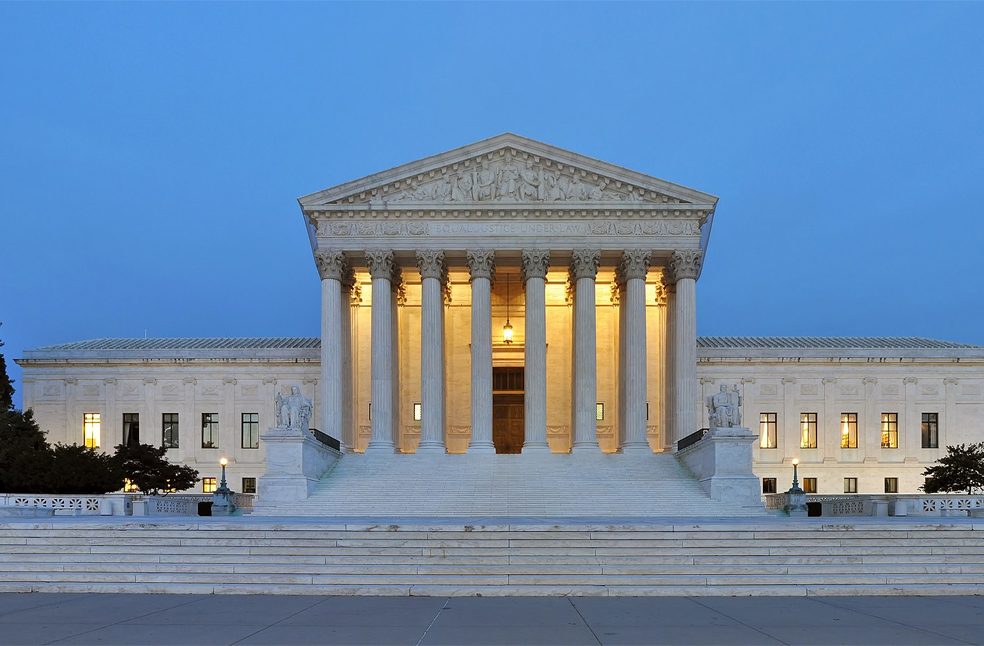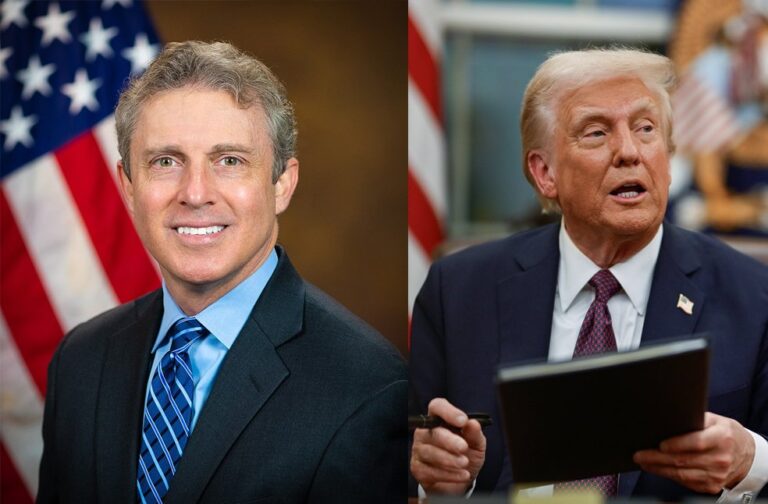Washington DC: President Donald Trump’s sweeping efforts to downsize the federal workforce have sparked a legal battle now heading to the Supreme Court.
Trump’s administration has filed an emergency appeal seeking to overturn lower court rulings that temporarily reinstated Hampton Dellinger, head of the US Office of Special Counsel, after he was fired via email earlier this month.
Dellinger, appointed by former President Joe Biden, argues that his dismissal violated federal law, which protects leaders of independent agencies from being removed by the president except for neglect, malfeasance, or inefficiency.
A federal judge in Washington DC, issued a temporary order allowing him to remain in his position while the case is under review. However, after the US Court of Appeals upheld the ruling, the Trump administration escalated the matter to the conservative-leaning Supreme Court.

In the appeal, Acting Solicitor General Sarah M. Harris argued that no court in American history has ever forced a President to retain an agency head against their will. “This court should not allow lower courts to seize executive power by dictating to the President how long he must continue employing an agency head against his will,” Harris wrote in the filing.
Trump’s push to restructure the federal government extends beyond this case, with over 9,500 federal workers already dismissed across agencies including Health and Human Services, Energy, Veterans Affairs, Interior, and Agriculture.
Additionally, 75,000 employees have taken voluntary buyouts. Over the weekend, some probationary employees in federal health agencies received termination letters, citing their skills as not aligning with the agencies’ current needs.
Trump’s broader efforts to cut the 2.3 million-strong federal workforce have faced legal obstacles, with his policies on immigration, transgender rights, and government spending also being challenged in lower courts.
The administration’s cost-cutting initiative is being led by the Department of Government Efficiency (DOGE), a task force overseen by billionaire Elon Musk.
The Supreme Court’s decision could have major implications for Presidential Authority over independent agencies, setting a precedent that may impact ongoing and future legal disputes surrounding Trump’s governance.



